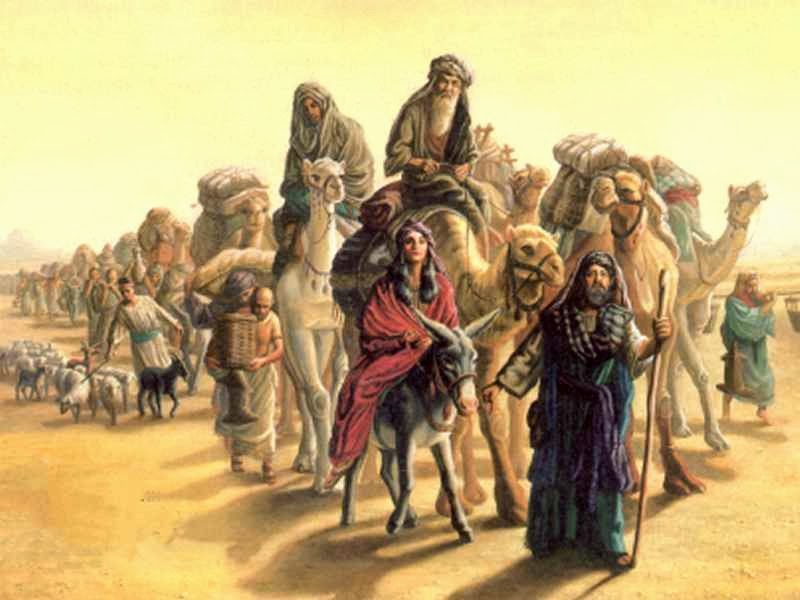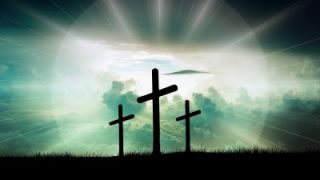Abram the Warrior
…But in this story today we see a different type of Abram.
We see a warrior king who defeats all the mighty powers of the world and frees the captives. We see a fierce and angry Abram, who won’t let his brother perish, but chases after him and fights against his brother’s captors and overwhelms them. And he doesn’t stop there, but he chases those armies all the way out of Canaan and sends them back to their own lands in disgrace.
In Abram, we see one who is mightier than all the armies of the world.
And what we have said about Abram, we can also say about Jesus, God’s true Messiah.




